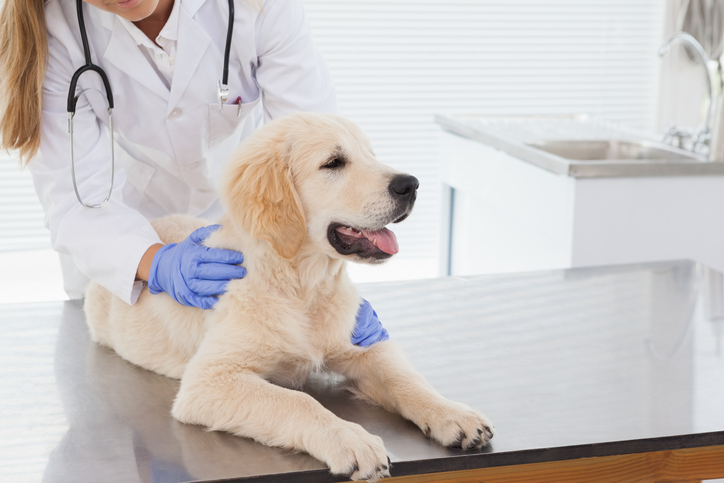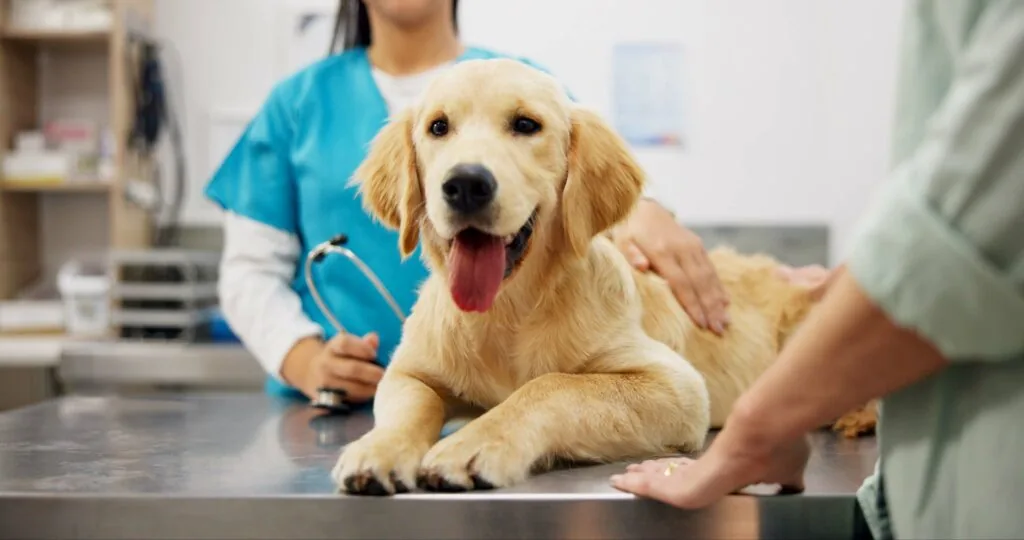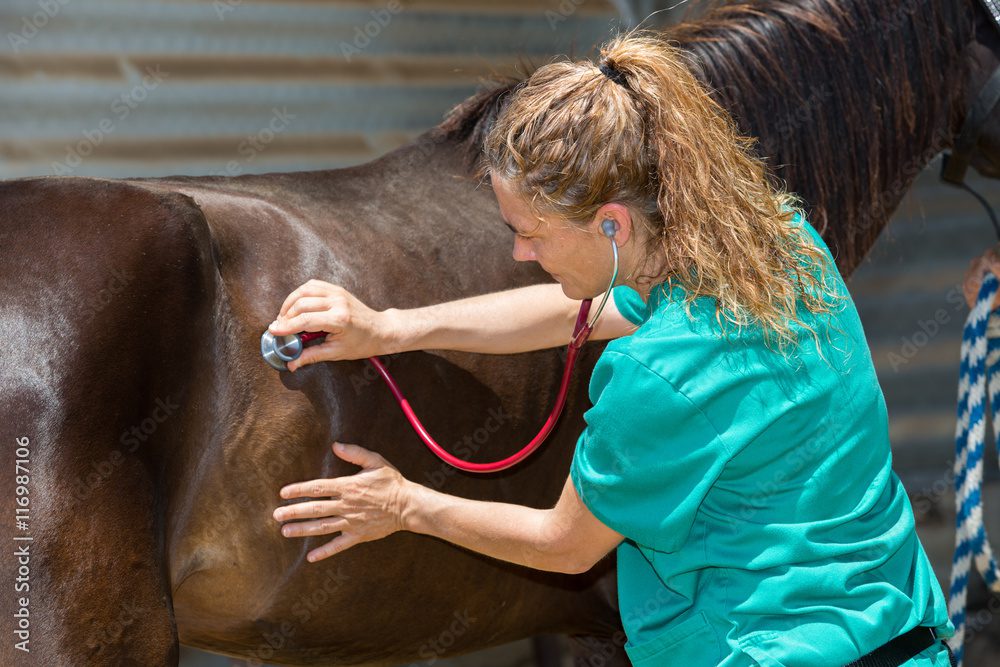The Importance of Wellness Exams and Plans for Pets in Bowling Green, KY
Regular wellness exams are essential for your pet so that you can monitor changes in their health. Often, illnesses are either caught early on or prevented altogether when your pet has a physical every six months to a year.
Wellness exams are important because they will help you learn how to keep your pet healthy. There are many critical factors involved in your pet’s health and wellness plans and a good vet can assist you with this.
Prioritize health checks for your pets. You never know what is going on with your pet’s health until they get a complete physical. Read this article and learn more about the importance of wellness exams and plans for pets.

What Your Veterinarian Checks in a Wellness Exam
During a wellness exam, your pet will get a complete physical. The veterinarian is checking to make sure that their overall health is good. Your pet will have their medical record updated with their current information. This preventative care can tell if there is a problem; your vet will catch it early.
The following breaks down what your vet checks during a pet’s wellness exam:
Weight
Your veterinarian will check to see if your pet is overweight or underweight. They want to check on your pet’s weight because it helps them see if there have been any changes in your pet’s health. If they are overweight, you will need advice concerning how to get them to trim down. Your veterinarian may recommend a specific diet for them. If your pet is underweight, it could signify the early onset of:
- Diabetes
- Hyperthyroidism
- Kidney disease
Pet’s Medications
Your vet can respond to any questions you may have about your pet’s medications. They may also want to tweak or change their medication if they see it is not helping or causing side effects. If the medication is new, make sure your veterinarian explains enough about it so you know the right way to give it to your pet.
Nutritional Needs
If your pet receives adequate nutrition, they are less likely to suffer from health or weight issues. Your pet may also have unique nutritional needs, such as if they need food to support joint health or prevent urinary tract infections. Nutrition is an integral element of your pet’s overall wellness, and you should work with your vet to provide your pet with the best nutrition possible.
Ears, Nose, Throat
When dogs and cats get older, they can develop specific problems, such as chronic ear infections. Vets often need to give the pet parent instructions on cleaning their pet’s ears properly. Your pet could also have problems with their nasal passages. Your veterinarian will want to check to ensure your pet does not have an infection or possibly any suspicious growths.
Dental Health
Statistics show that 80% of dogs will have periodontal disease by age 3, and 85% of cats aged three or older have periodontal disease. Your pet needs to be examined for tartar, abnormal colored gums, and other issues related to oral health. Your vet can also show you how to brush your pet’s teeth.
Teeth cleaning is important and if it is not taken care of, it can lead to serious issues such as:
- Heart disease
- Liver problems
- Kidney failure
- Diabetes
If you advocate oral health for your pet, they may experience less pain or tooth loss. You want to make sure your pet’s teeth are in good condition.
Heart Health
Your vet will check your pet’s heart rate to ensure it is not too high. They will also check their respiratory rate. If you keep up with your pet’s wellness exam, you can catch changes in the heart early. Older pets are sometimes susceptible to heart disease, and so are certain breeds.
Talk to your veterinarian at Southcentral Veterinary Services about your pet’s exercise habits and energy level to ensure that no underlying issue is present.
Gastrointestinal and Urological Health
Your veterinarian will want to ensure that no digestive issues or blockages can cause urinary tract infections or constipation. They may also recommend certain items that promote gut health, such as omega 3’s and probiotics.
How Frequently Should My Pet Have a Wellness Examination?
Your pet should get a wellness exam either once or twice a year. Older pets should go every six months. Kittens and puppies should be seen more frequently, as they are growing and changing constantly. A good rule of thumb with kittens and puppies is to see the vet once every three weeks. They need boosters to build their immunity, as vaccines protect them from disease.
Why Pet Wellness Plans are Important
A pet wellness plan is important because it can increase your pet’s quality of life and maintain their health throughout their life. It also is a way to manage the cost of veterinary services. Pet wellness plans help pet parents cover regular examinations and preventive treatments for their pets that can decrease poor health or the need for major procedures in the future.
Coverages may vary, but pet wellness plans may cover:
- Routine visits
- Physical exams
- Bloodwork
- Vaccinations
- Dental Care
- Fecal and urine testing
- Flea, tick, and heartworm medicine
Sign Up for our Pet Wellness Plan
Pet wellness exams are critical, not only for maintaining your pet’s health but also to catch any illnesses or conditions early. Having a good pet wellness plan is a big help to cover the cost of veterinary care. You want your companion to live a long and healthy life. As a good pet parent, you know there is nothing more important. To talk with our veterinarians at Southcentral Veterinary Services about pet wellness plans call (270) 282-2564 or book an appointment online.
Share This
Recent Posts
About Southcentral Veterinary Services
Southcentral Veterinary Services is here to ensure that you and your pet can access a variety of high-quality, progressive medical services. Our aim is to serve our patients and clients with integrity, compassion, and a focus on being your primary family vet.



